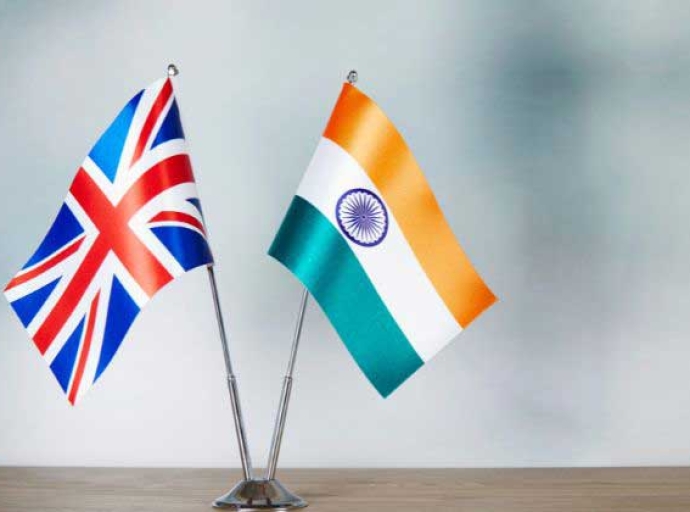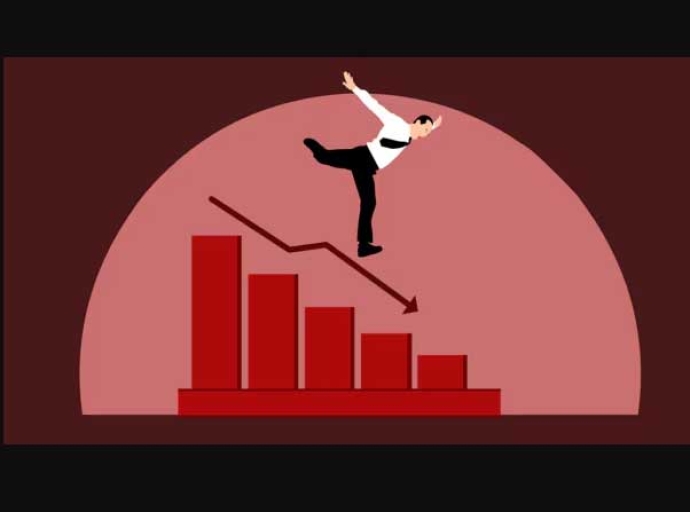14 January 2023, Mumbai
Indian consumers have expressed a strong desire to buy more discretionary products during recent months despite concerns over inflation thankfully the demand hasn't softened in many categories and, the planned spending during coming months is likely to see a spike across age groups in all types given the strong undercurrent.
No surprise that the increasing frequency of transactions fuelled by event-based marketing promotional sales are now could be experienced throughout the year in the apparel and fashion space. This has been driven by accelerated digital adoption and increasing penetration in Tier II cities and beyond. Online purchases remain strong though to a lesser extent than during the peak of the pandemic.
Context setting
Event-based marketing is a strategic approach that uses events to promote products, increase brand awareness and drive sales. By hosting or participating in events, companies can engage with their target audience and create a memorable experience that leaves a lasting impression.
The interactive nature of events allows companies to build personal relationships with their customers, which can lead to increased customer loyalty and repeat business.
Furthermore, events can provide valuable data about customer preferences and behavior, which can inform future marketing efforts and product development.
In addition to driving sales, events can also support other business objectives, such as building brand equity, generating media coverage, and establishing thought leadership. Overall, event-based marketing is a highly effective way to build relationships with customers, create brand awareness, and drive sales.
Event marketing per se is fast arriving in the marketing professional space designed to populate and give a catalytic push to product marketing Vs. what was hitherto typically used to be a strategic tool in the marketing communication field.
The same was necessitated essentially looking at incrementally there was a rise in corporate disillusionment in recent times with so-called conventional media, heightened cluttered marketplace due to increased noise and chatter; as there is an acute need of the day to have frugal management yet super-efficiency created opportunities on the back of event-based marketing.
The semblance of the festive season
The festive season in India typically starts on July 28 with festivals like Eid al-Adha, Nagara Panchami, Raksha Bandhan, and Varamahalakshmi & the season continues till January, covering bigger festivals like Ganesh Chaturthi, Dusherra, and Diwali, Christmas, New Year, and Makar Sankranti.
Indians are typically bargain hunters Most e-commerce sites and even firms that have advertised during festive season & Republic Day deals and sales claim that consumers are buying hysterically.
During the festival sales online gross merchandise value (GMV) grew 25 percent year on year during the festive month amounting to Rs76,000 crores and, sales went up both online and offline during the festival month says Redseer.
The study further states it is documented that occasion-based buying emerged as a strong reason for purchasing across categories and consumers reported an increase in overall satisfaction with online platforms.
Consumer buying behaviour
Most of the brands have a preference for selling at full price as simple as this and not to offer discounts but circumstances and competition pressure, end of season push over inventories, at times over/wrong production, and not inspiring seasonal sales or weak revenue guidance at times are factors pushing sellers/merchants to indulge in event-based marketing to influence 'Consumer buying behaviour'.
All major e-commerce sites, including Amazon India, Flipkart, Snap deal, and Shopclues, are always opportunistically looking at giving a fillip to their online sales, featuring a wide range of offers and steep discounts to lure consumers.
The trend of robust growth is seen as more pronounced in the event-based marketing generating alpha than in normal circumstances.
Raising a flag
However, the festive season’s share of the online retail gross merchandise value (GMV) is dropping, due to the increasing frequency of transactions fuelled by sale events throughout the year; GMV is the total value of merchandise sold over a specific time frame.
India in a sweat spot
The optimism in the Indian economy is fantastic given the economy's resilience witnessed in recent quarters. Clothing and lifestyle retailers, as well as malls, are seeing record growth in sales in the past few weeks and are expected to have an encouraging run rate going forward and that is not an unreasonable expectation.
Urban consumers are buying discretionary products though there has been a slight slowdown in value or mass-priced products in non-metros and rural and that is the place to start.
Category-wise this festive season, the fashion category is expected to see robust growth driven by an increasing shopper base from Tier II cities.
Latest Publications


































